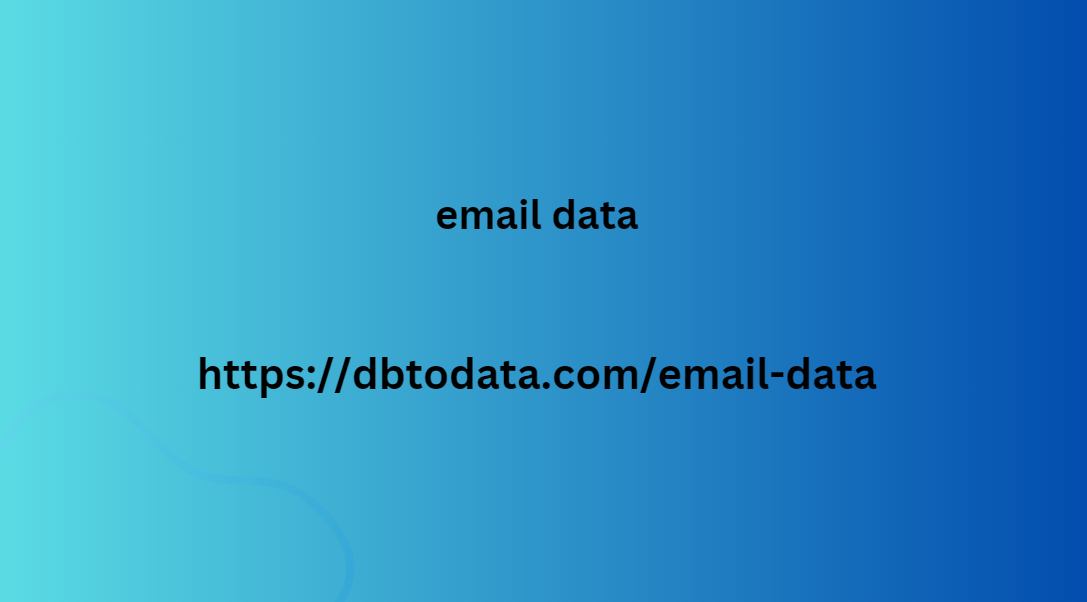Imagine walking into a bookstore and looking at the titles that are still unknown to you. How do you choose which book to read? An attractive cover can make one book stand out from the rest. You probably take a moment to turn a book over and look at the back cover before deciding whether or not it is worth it.
Metadata including mainly page titles and meta descriptions
form the ‘book cover’ of a web page. The page titles and descriptions are the texts that appear in Google’s search results (more on this later). This metadata gives search engines and potential website visitors a short and concise explanation of the website’s content.
What is metadata?
When you hear the word metadata, you might feel like you’re recalling your ancient Greek prefixes. However, the concept of metadata is very simple. Metadata means information about data. For example, the metadata for this blog post includes the author (me), the date written, the post type, the category, the featured image, the title and description of that featured image, the title of the post, and the meta description.
Metadata can be used to retrieve information within a database, among other things. A distinction is made between structural metadata and descriptive metadata. Structural metadata describe the relationship of the data to other data. Descriptive metadata specifically concerns the information to which they relate. The metadata email data that are relevant for SEO can be considered both structural (think of links to other pages within the same domain) and descriptive (what is the page or website about?).
Importance of page title and meta description for SEO
As previously described, the page title and meta description are the most relevant for the SEO of your website. The page title has an influence on the ranking in Google, the meta description does not. However, the meta description does offer the possibility to entice the Google visitor to click through with a catchy and clear description of Wéi wielen ech déi richteg Call Center Software your website or page. After all, you can be found in a search engine, but if no one then clicks on your link, it is still of little use to you.
Page title and meta description of our homepage
Page title and meta aol email list description of our homepage
The page title is an important indication for search engines of what the page is about. To increase the chance that your page ranks well for a certain keyword, you should place that keyword (or search term) in both the page title and the H1 heading of that page. It is best to place the keyword at the very beginning of the page title.
The meta description is a short summary of what the page is about. A catchy text ensures that more people will click on your link. Think of the meta description as a well-thought-out tweet: concise and catchy, with keywords in it that your target audience is interested in.
In some cases, your competitors, with or without the help of an SEO specialist, will spend a lot of time and effort optimizing their metadata. Then you need to do something to stand out. A simple but relatively little used method is to include special characters in your page titles and meta descriptions. Think of arrows, separators, stars, etc.


